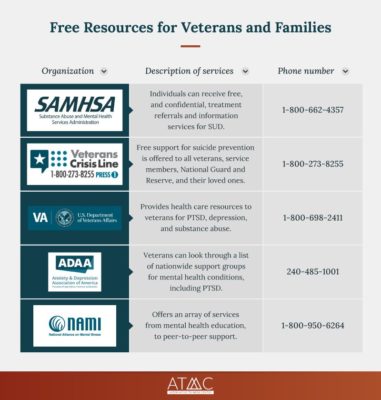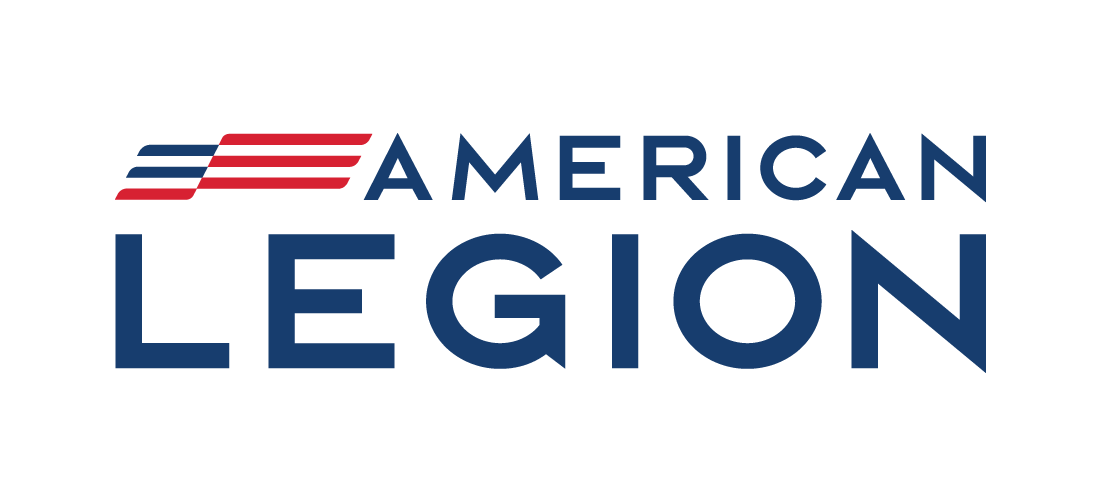Resource Network
The Coalition to Salute America’s Heroes has complied a comprehensive directory of resources for veterans and their families. We have listed just a few below from each of our major categories. We maintain ongoing relationships and do our best to stay up to date on all of these groups.
If you are looking for any assistance (other than Emergency Aid from the Coalition) please contact our Advocate Coordinator, Whitney at whanrahan@saluteheroes.org for more information on all of the connections we have available in our network.
** (We have made every effort to verify that they are reliable and viable organizations. However, we do not endorse them, nor can we be responsible for the accuracy or completeness of the information about them.)
https://saluteheroes.org/get-help/resources/
use your camera phone to access website using QR code
.
Substance Abuse Resources for Veterans and Their Families
Resources for mental health treatment and support include:
 The Alternative to Meds Center, which offers drug-free treatment to help get veterans on the right track. The ATMC uses lab testing to determine physiological reasons for why guests may abuse alcohol. Therefore, the ATMC can tailor each program for each guest’s physiological needs. Call (888) 906-1547.
The Alternative to Meds Center, which offers drug-free treatment to help get veterans on the right track. The ATMC uses lab testing to determine physiological reasons for why guests may abuse alcohol. Therefore, the ATMC can tailor each program for each guest’s physiological needs. Call (888) 906-1547.- The Substance Abuse and Mental Health Services Administration. SAMHSA is the national assistance hotline where people can receive free, and confidential treatment referrals, including information services for SUD. SAMHSA is free. For uninsured guests, SAMHSA refers guests to that individual guest’s state office, which is the office responsible for state-funded treatment programs.
- The Veterans Crisis Line is a resource that provides free support to all veterans, service members, National Guard and Reserve, and their loved ones, family members, and friends. The crisis line includes suicide prevention via text, chat, or phone: (800) 273-8255.
- The Department of Veterans Affairs offers VA health care resources for health problems including, but not limited to, PTSD, depression, and substance abuse.
- The Anxiety & Depression Association of America has a list of support groups nationwide for a variety of mental health conditions, including PTSD. Access the list at the ADAA’s website.
- The National Alliance on Mental Illness offers an array of services from mental health education, to peer-to-peer support.
- Addiction Group is a free helpline center that answers any questions you may have about substance abuse, addiction, and treatment options.
- Addiction Resource helps you locate alcohol and drug rehab options near you.
- Give an Hour is a national network that offers free mental health care services to active duty, National Guard and Reserve, veterans, and their loved ones.
- Lone Survivor Foundation is a virtual counseling program that helps veterans with PTSD symptoms. All expenses for this program are funded by the Lone Survivor Foundation’s sponsors.
- Sierra Tucson is a residential treatment center for drug and alcohol addiction, pain recovery, and behavioral health.
- USA Cares helps service members obtain treatment for post-traumatic stress disorder and/or traumatic brain injury (TBI).
- Coalition Peer Support Program is a veteran circle, connecting disabled veterans.
- PTSD Foundation of America is a free whole-person approach, offering evidence-based peer-to-peer mentoring, both on an individual basis and in group settings.
- PsychArmor Institute is an online education and support system for all Americans who work with, live with, or care for military service members, veterans, and their families.
- Disabled American Veterans is a nonprofit charity that provides a lifetime of support for veterans of all generations and their families.
- Purple Heart Foundation provides services, programs, and resources to help combat wounded and disabled veterans and their families with financial grants, claims assistance, PTSD resources, and employment counseling.
- American Addiction Centers provide resources to veterans who are struggling with PTSD symptoms.
- Military One Source provides access to contracted mental health counselors who will confidently speak with you about your concerns and offer targeted information that can help deal with difficult situations.
- PTSD United is a nonprofit organization dedicated to providing free resources for sufferers of PTSD, and their friends and family.
- Coaching into Care offers telephone coaching by licensed clinicians to educate, support, and empower family members and friends who are seeking care or services for a veteran.
- Home Base Veteran and Family Care offers a two-week Intensive clinical program that treats veterans with PTSD, traumatic brain injury (TBI), sexual trauma, depression, and anxiety.
- True REST Float Spa offers veterans one free hour of flotation therapy in a pod filled with a specialized solution of 1,000 pounds of Epsom salts and 180 gallons of water, allowing the body to float effortlessly. The practice has been proven to alleviate anxiety, depression, and chronic pain.
- Warrior Care Network partners with four academic medical centers to provide mental health services for post-Sept. 11 veterans. Participating veterans receive a year’s worth of care during a two- to three-week outpatient program.
- Operation Mend-Intensive Treatment Program serves active-duty service members, veterans, and their families impacted by service-related mild traumatic brain injury and PTSD.
- Real Warriors: The Real Warriors Campaign promotes a culture of support for psychological health by encouraging the military community to reach out for help, whether they’re coping with the daily stressors of military life or concerns like depression, anxiety, and PTSD.
- Motorcycle Relief Project invites veterans on guided motorcycle adventure trips to decompress and learn tools for managing stress.
- Outward Bound for Veterans offers wilderness expeditions that purposefully scaffold wartime experiences (carrying heavy packs, sore shoulders, rubbery legs, sleeping outdoors, strange noises, sweat, dirt, frustration, and anger) to help veterans return home after wartime service.
Substance Abuse Resources for Veterans and Their Families (alternativetomeds.com)
use your camera phone to access website using QR code
